As PlayerUnknown’s Battlegrounds and Fortnite: Battle Royale continue to dominate the battle royale genre, both games are carving out an audience of their own.
Earlier this year, PlayerUnknown’s Battlegrounds creator PUBG Corporation filed a lawsuit against Fortnite’s Epic Games, claiming that the latter was “replicating” the battle royale “experience” that led to PUBG’s success. But earlier today, PUBG Corp. dropped the lawsuit, essentially giving Fortnite: Battle Royale a free pass to exist alongside PUBG in the gaming world.
Since Fortnite’s release, battle royale has blown up in the gaming world, and everyone wants in on its popularity. EA and DICE announced a battle royale mode for Battlefield V during E3 2018, Dota 2 introduced a MOBA spin on the genre with The Underhollow, and a royale mode is even rumored for Rockstar Games’ upcoming western Red Dead Redemption 2.
It’s easy to look at battle royale games and argue Fortnite: Battle Royale started an ongoing trend where developers reskin PUBG and release their own version. But there’s more to the battle royale genre than that, and both Fortnite and PUBG work best when they coexist together in the gaming world.
What makes battle royale games so popular?
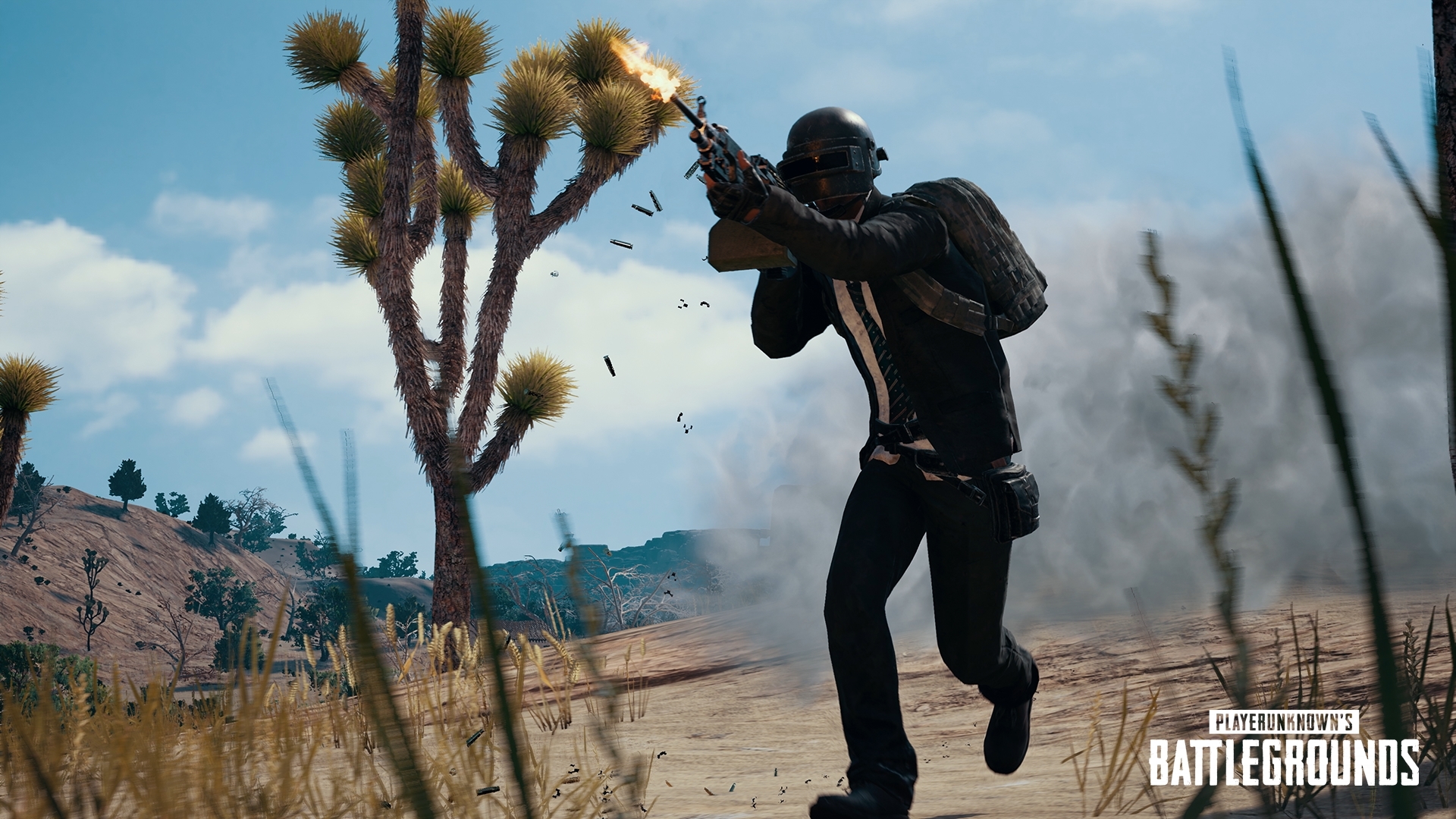
Of course, PUBG didn’t invent the battle royale genre. In fact, it didn’t even invent the fundamental ideas behind the game.
Elimination-style games and last-man-standing mods have always been popular in gaming, and before there was PUBG, there was a modding scene with similar gameplay mechanics for games such as Garry’s Mod, Minecraft, ARMA, and even Roblox. In fact, PUBG’s roots can be traced all the way back to DayZ’s original ARMA 2 mod, where PUBG creator Brendan “PlayerUnknown” Greene developed the building blocks for PUBG by creating DayZ: Battle Royale.
And before modders brought battle royale to PC gamers everywhere, there was the original Japanese 1999 novel Battle Royale, as well as its American young adult counterpart series The Hunger Games. Both franchises inspired Greene when he first began creating battle royale game modes, and by the time PUBG was released, even games like The Culling and Ark: Survival of the Fittest already introduced their own spin on the genre. PUBG just perfected it.
There’s something about battle royale games that are immensely appealing to players, and it’s not just because they let gamers roleplay as Katniss Everdeen for 20 to 40 minutes at a time. Games like PUBG and Fortnite: Battle Royale are hard, and they require an incredibly well-rounded skill set for players to win a chicken dinner or earn a Victory Royale. And because winning is so incredibly difficult, the prospect of being the last man standing among 100 players constantly dangles in front of players. It’s hard to win, but damn, it feels great when you do.
No two battle royales are alike

But it’s hard to compare battle royale games to each other, because they’re so immensely different from one another. Fortnite: Battle Royale has fort building, and that adds a level of depth and metagaming that PUBG simply could never reach. On the other hand, PUBG’s appeal comes from its immensely realistic movement speed, scavenging system, and most of all, its gunplay. When you fire a weapon in PUBG, it feels realistic, and gunning down an opponent scratches that itch for high-risk, high-reward multiplayer engagements that Fortnite just can’t hit.
There’s other differences that make Fortnite: Battle Royale and PUBG stand out from one another, too. Fortnite’s combat emphasizes fast reflexes and panic building: The faster you can build your fort, the more likely you are to win an encounter. When it comes to firing your weapon, the game also gives players a much wider window to mess up if they miss a shot or graze an enemy, leading to a much more forgiving and drawn-out player-vs-player experience. That means Fortnite is a little bit easier to learn, but because there’s a much more complicated meta, it can be harder to truly master the game against some of its best builders.
On the other hand, PUBG’s player encounters are based entirely on positioning, pre-emptive planning, and controlled firing. This makes the game feel much more like a duel between players. And fights are fast, too. Most encounters only last a few seconds before either one player retreats into cover, runs away, or is killed. This makes PUBG a lot more intense than Fortnite, to the point where the A.V. Club’s William Hughes has called it “one of the greatest horror games of the last years.”
At first blush, it’s easy to compare both PUBG and Fortnite and try to pick out a superior battle royale title, but they’re radically different games appealing to different kinds of players. PUBG’s fans like anxiety-inducing realism, whereas Fortnite’s users like to build, craft, and scavenge for resources.
And there’s nothing wrong with that difference. In fact, for the battle royale genre to grow, there has to be a diverse variety of games that appeal to all sorts of players. When we stop thinking about Fortnite and PUBG as copycats and consider the complex layers that make up each game, then we can start to understand why they belong side-by-side in the first place.
Between PUBG and Fortnite, who wins?
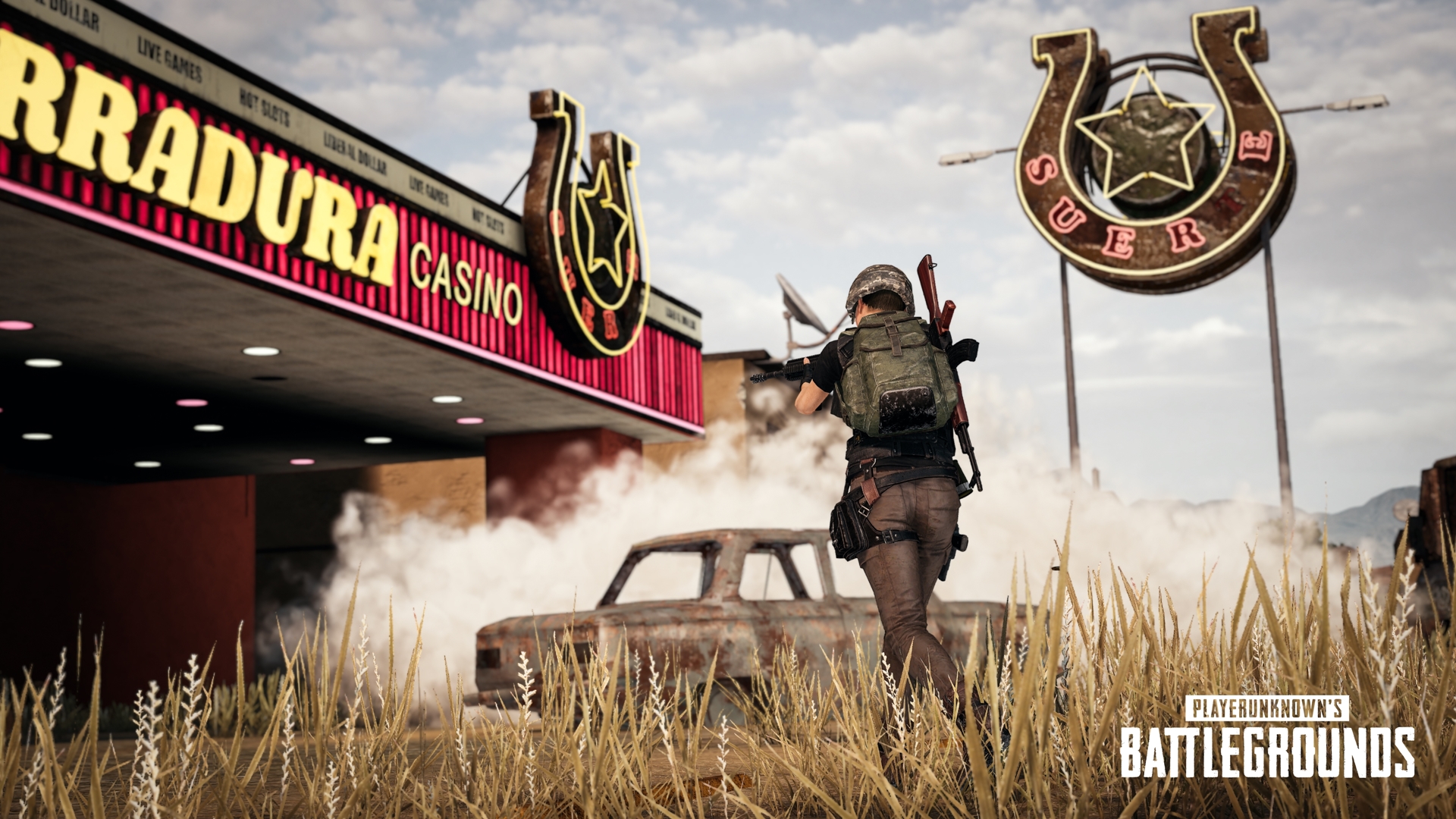
Of course, if you really want to pick out the best battle royale game, you can always compare Fortnite and PUBG’s playercount. PUBG reached 400 million registered players by this June, whereas Fortnite only has 125 million total users. At the end of the day, more people have seemingly played PUBG than Fortnite.
On the other hand, looking at PUBG’s top PC player count on Steam Charts reveals that the game dropped from around 3.24 million players at most in January to just over 2.17 million in May. Meanwhile, Fortnite has touted as many as 3.4 million peak concurrent players across all systems as recently as February, and it’s safe to suggest that Fortnite’s player count has only grown since its launch on iOS and Nintendo Switch.
But popularity and concurrent players are just statistics that tell us which game have more users at any given time. Both games became popular for a reason, and they’ll always have a core base interested in playing the game for the long-haul. PUBG alone is proof that some players may leave, but a loyal playerbase won’t necessarily drop the game altogether when something new comes out.
So sure, another game may come along and topple Fortnite’s hold on the genre and more players may leave PUBG behind as games like Realm Royale or Rapture Rejects introduce new and innovative takes on the battle royale genre. But when games are allowed to compete with each other in the same genre, it encourages developers to constantly give back to their core audience with bigger, better, and more fulfilling content in their games. And that’s a win for battle royale players everywhere, regardless of what you have installed on your PC.

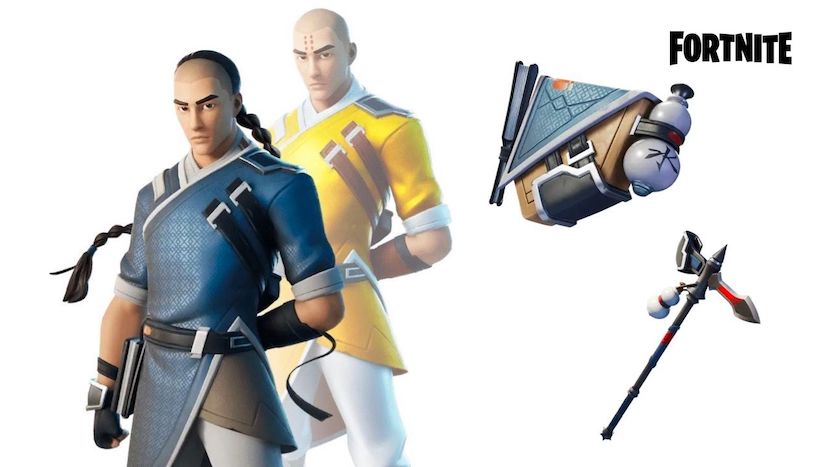
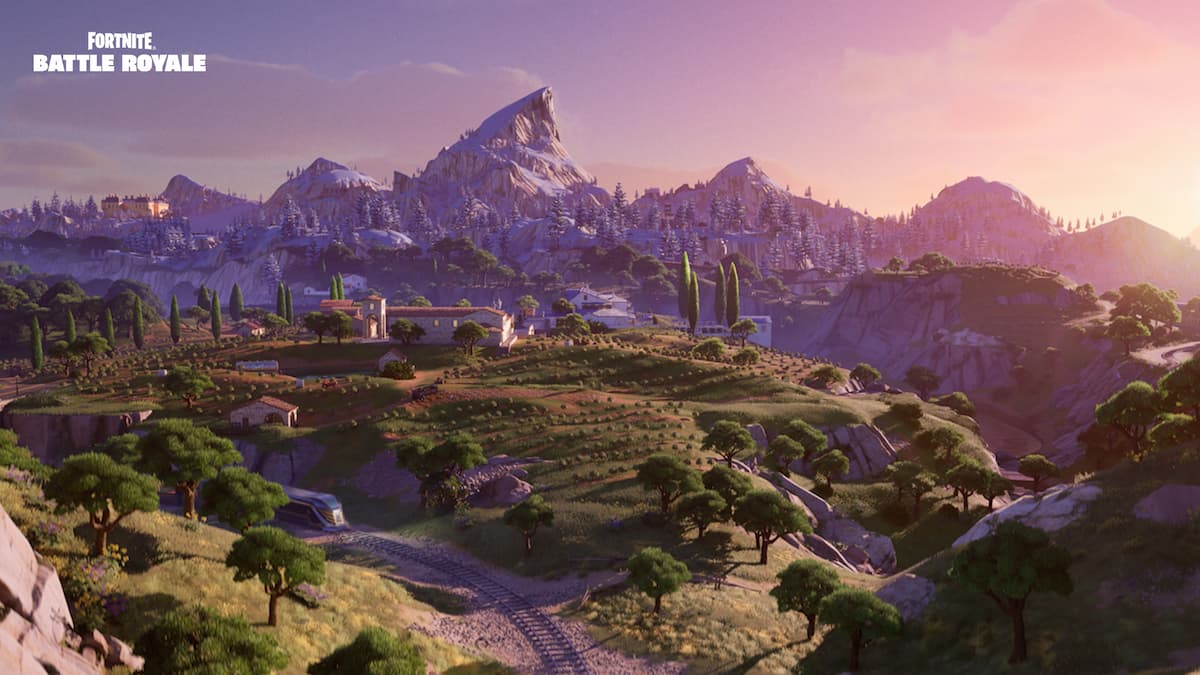
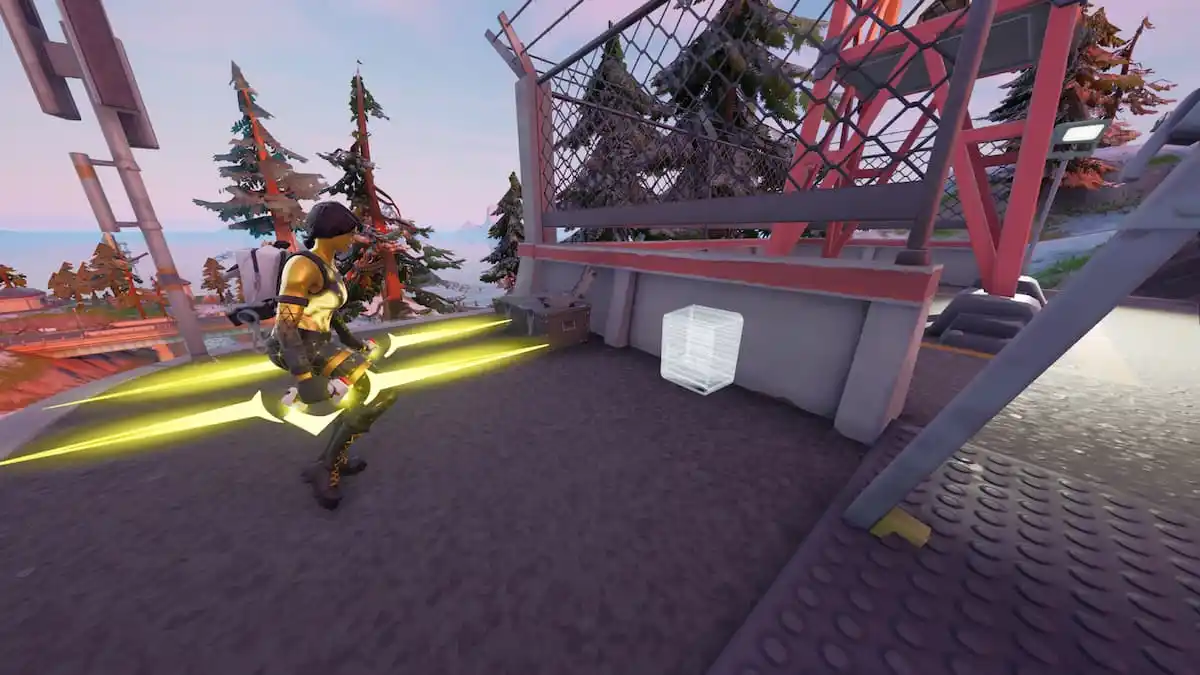
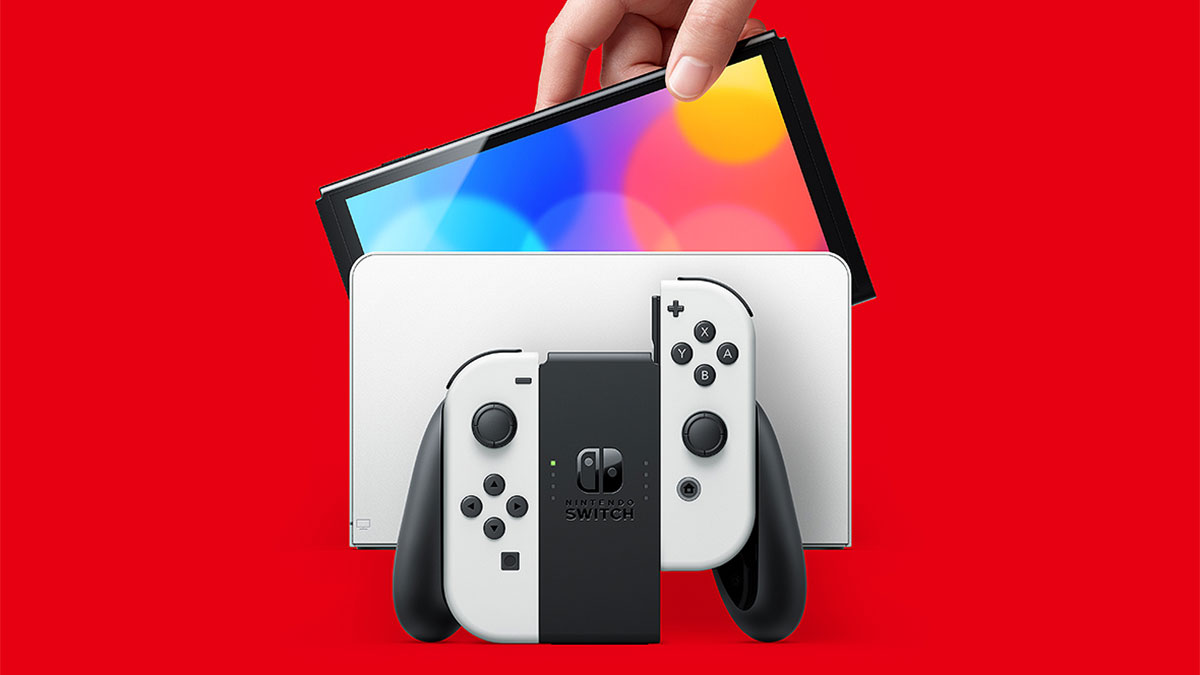
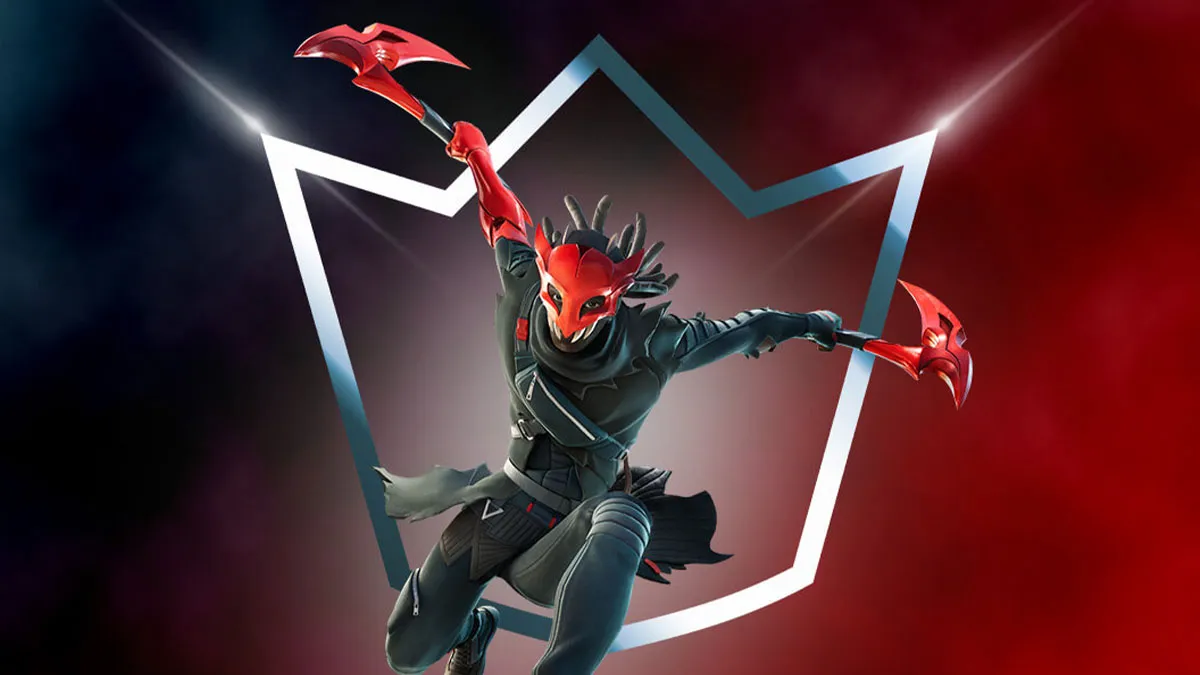


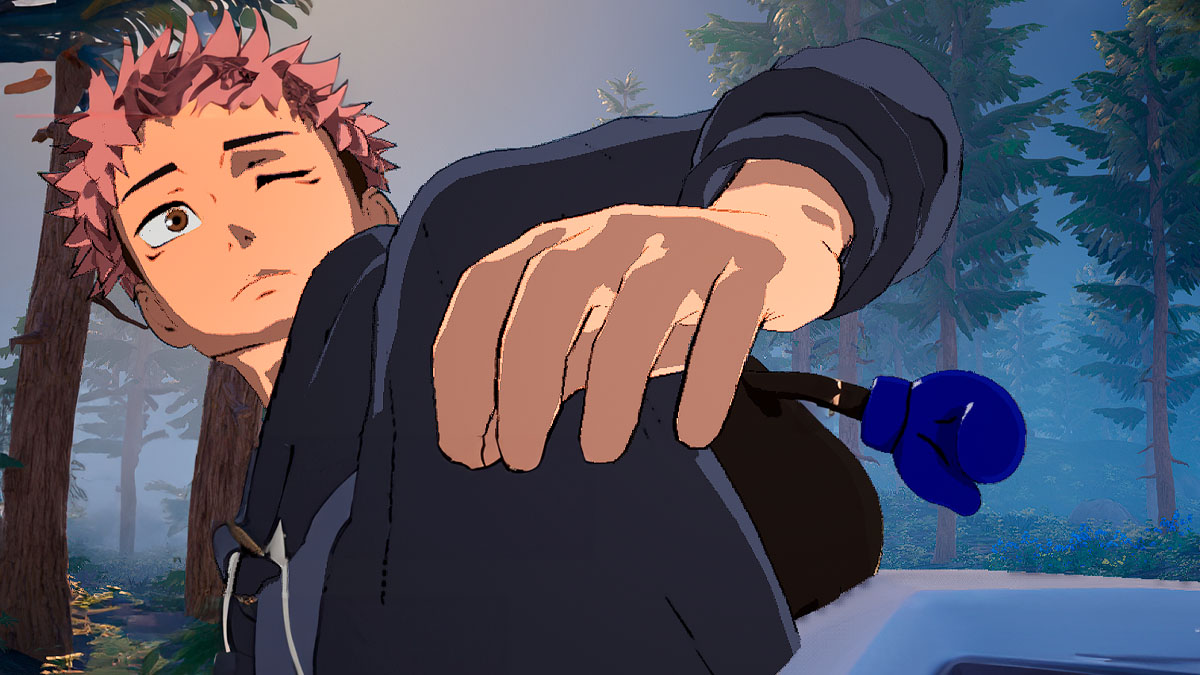
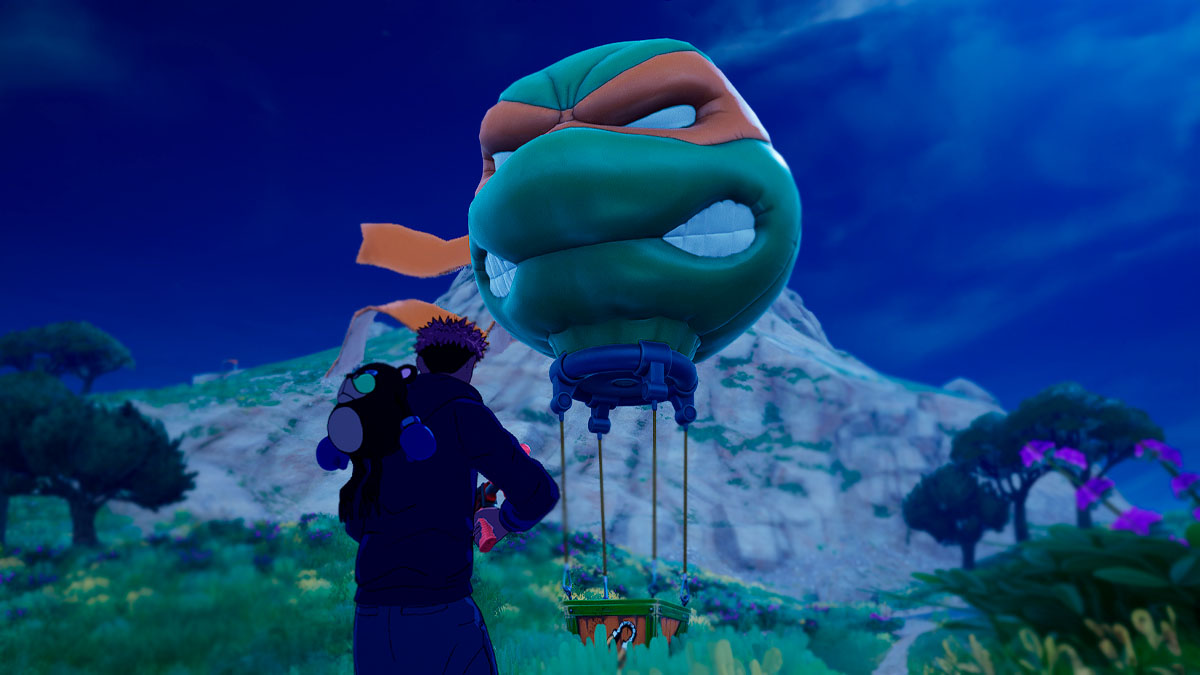
Published: Jun 27, 2018 10:00 pm